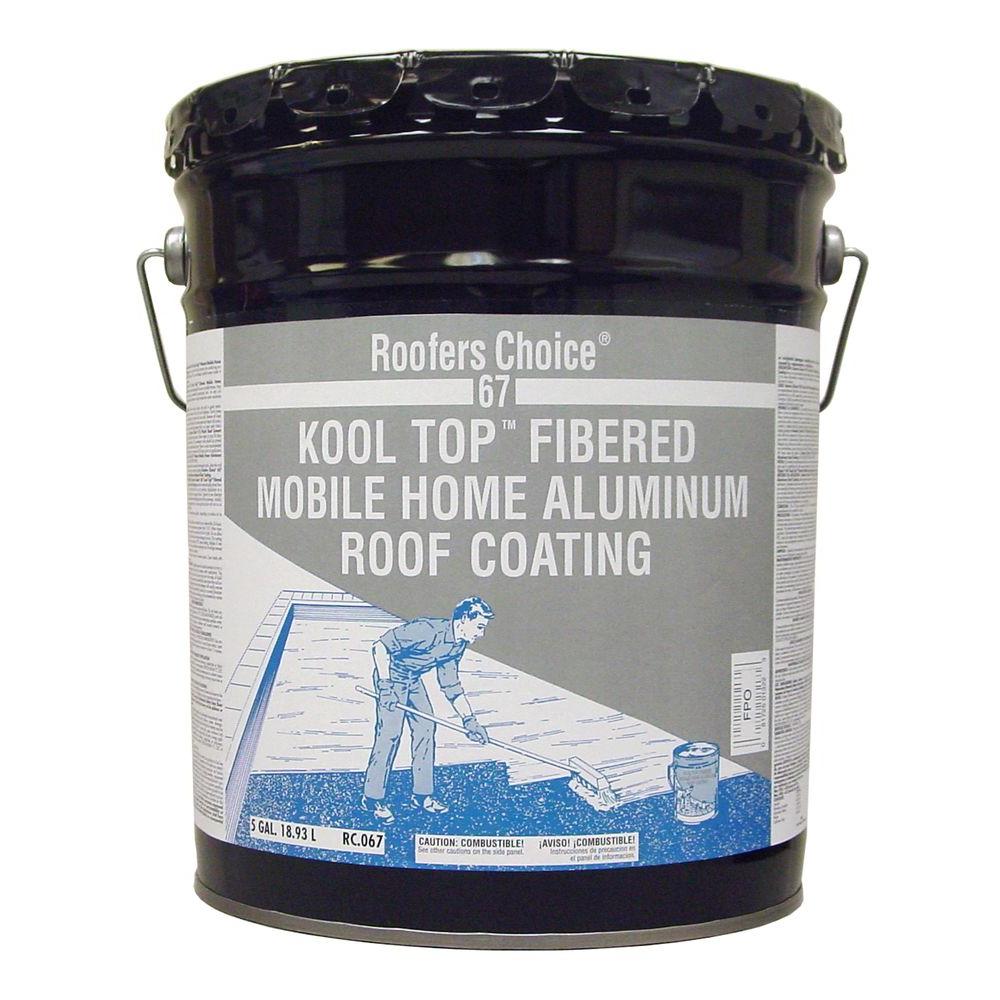Best Roof Coatings And Sealants To Maintain Your Roof
Roofing systems are created to hold up against an excellent attack of severe weather. While they are created for rough conditions, the day-to-day exposure to sun, rain, hail, or snow will eventually break down even the most difficult roofings. When this occurs, little leaks and penetrations can let in wetness that could lead to costly damage.
By avoiding the little gaps with roof sealants, you can make safeguarding and repairing your roofing a simpler and more budget-friendly job. While some can sealing little and separated leaks, others can help produce an essentially impenetrable barrier against water and sun over your entire roof. If you require to repair your roofing system or want to extend the life of your roofing system, keep checking out to find out how to select some of the best roofing sealants for a variety of roof materials.
 The Best Roof Sealant Options For Repairs In 2021
The Best Roof Sealant Options For Repairs In 2021
In order to limit the choices, it helps to review and compare the qualities of roof sealants. The following factors to consider can assist take the uncertainty out of figuring out the very best roofing system sealant for you. Roofing sealants serve two main functions: to protect your roof and to repair your roofing.
Although some roof sealants will work on essentially any type of roofing system, most sealants are formulated to work with specific roofing materials. Roof materials like asphalt shingles, composite shingles, metal, and rubber have different characteristics that require special factors to consider. Additionally, whether a roofing system is flat or inclined likewise can change what is considered a perfect roofing sealant.
Commercial Roof Coating
Roof sealants can be divided into 2 categories: solvent-based and water-based. While solvent-based sealants are highly resilient against the elements, they are normally more expensive, thicker, and more difficult to use. Water-based sealants are more inexpensive and release fewer smells, but aren't as weather resistant. They may deteriorate numerous years earlier than solvent-based sealants and, for that reason, may need more frequent maintenance.
Getting rid of solvent-based sealants also can be more difficult, given that they might be thought about Family Contaminated materials (HHW) and need to be gotten rid of at an appropriate facility. Water-based sealants can be discarded in your family trash bin after the container's contents have completely air dried. Within the 2 primary classifications, there are five kinds of roof sealants: acrylic, polyurethane, silicone, rubber, and sealant tape.
They are popular in western and southwestern states where roofing sun damage can be the main concern. Acrylic sealants also are moderately moisture resistant but don't offer a waterproof barrier and do not hold up well against standing pools of water, which is a common problem on flat roofs. Polyurethane sealants are resistant versus wetness however are not very resilient against UV rays.
Silicone sealants provide outstanding security versus wetness and UV rays, which makes them appropriate for any possible weather condition, consisting of heavy rain or sun direct exposure. The primary drawback is that silicone sealants are often expensive, which can make finishing an entire roofing system economically unfeasible for lots of people. Rubber sealants include liquid rubber that serves as a powerful guard versus sun and rain.
What Is The Best Elastomeric Roof Coating?
The thin nature makes it easier to seal little fractures and leakages. Sealant tape is made of thin strips of moisture-resistant material and is utilized to fix small leaks and seal susceptible roof seams. The tape is equipped with an adhesive backing that's used straight to the roofing product, making it easy to use without a messy or labor-intensive application procedure.
However, they're not created to cover large sections of roofing system. The International Organization for Standardization (ISO) developed the C1 to C5 certification standards to test and rate a sealant's ability to hold up against specific ecological conditions. A sealant with a C1 certification can just endure environments with very little destructive elements, like heated buildings with tidy environments.
 Best Roof Coating - Building Materials
Best Roof Coating - Building Materials
And C5M for marine settings like boats and docks exposed to high levels of moisture and salt. Many property roof sealants will not have a corrosive resistance ranking as high as C5M, but you may want to explore C5M certified sealant options if your roofing system is exposed to especially corrosive conditions.
Check Out This Site: roof leak repair
If your main objective is to waterproof your roofing, the very best sealant types are rubber, silicone, and polyurethane. Each one of these can tolerate heavy rain and pooling water that acrylic sealants and sealant tapes can't handle as well. No matter the type of sealant used, multiple coats are frequently required to develop an entirely water resistant seal over your whole roofing system.
Roof Coating - Do It Best
The exception consists of fixing little separated leaks, where a single coat of many sealants will produce a sufficient waterproof barrier. A roofing's solar reflectivity is the amount of sunshine it's capable of reflecting, which equates into less heat absorption, which relates to an overall cooler home, decreased cooling use, and a lower summer electrical energy costs.